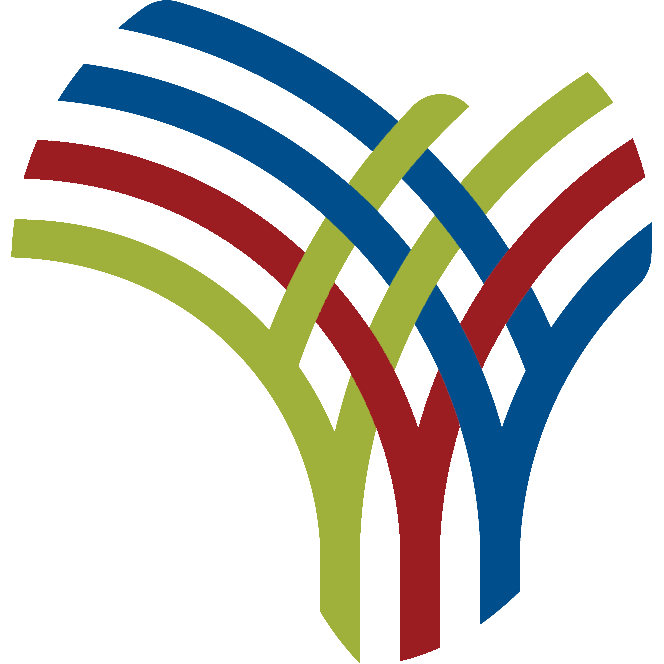More women must have a role in shaping peace agreements, security reforms and post-conflict recovery plans, UN Secretary-General António Guterres told the Security Council on Monday.
Members met for their annual open debate on the women, peace and security agenda just ahead of the 25th anniversary of the Council’s landmark resolution 1325 (2000) on the issue.
As the Secretary-General noted, the resolution “gave voice to a simple truth: women’s leadership is central to just and lasting peace“, in addition to inspiring countless other resolutions, reports and roundtables.
World falling short
Follow us on WhatsApp | LinkedIn for the latest headlines
“But let’s speak frankly,” he said. “Too often, we gather in rooms like this one – full of conviction and commitment – only to fall short when it comes to real change in the lives of women and girls caught in conflict.”
In a recent report, Mr. Guterres highlighted progress made over the past quarter century, which includes more than 100 countries adopting national action plans on women, peace and security.
“But gains are fragile and – very worryingly – going in reverse,” he warned.
“Around the globe, we see troubling trends in military spending, more armed conflicts, and more shocking brutality against women and girls.”
Conflict, sexual violence and harassment
Last year, some 676 million women worldwide lived within 50 kilometres of deadly conflict events – the highest number in decades, he said.
Sexual violence also surged, with a 35 per cent rise in incidents against girls. In some places, they accounted for nearly half of all victims.
Mr. Guterres highlighted how women in public life such as politicians, journalists and human rights defenders, are being targeted with violence and harassment, before turning to the situation in Afghanistan where “the systematic erasure of women and girls from public life is in overdrive”.
Additionally, women and girls in the Occupied Palestinian Territory, Sudan, Haiti, Myanmar and beyond, face grave risks and horrific levels of violence.
“And while women’s organizations remain lifelines for millions in crisis, they are being starved of resources,” he added, citing a recent survey by UN Women, which champions gender equality globally.
Get the latest in African news delivered straight to your inbox
By submitting above, you agree to our privacy policy.
Almost finished…
We need to confirm your email address.
To complete the process, please follow the instructions in the email we just sent you.
There was a problem processing your submission. Please try again later.
It revealed that 90 per cent of local women-led groups in conflict settings are in dire financial straits, with nearly half expected to shut down within six months.
Support women’s organizations
The Secretary-General urged UN Member States to accelerate commitments on women, peace and security, in line with the Pact for the Future adopted last year. He outlined areas for action, including ramping up funding for women’s organizations in conflict-affected countries.
He also stressed the need for greater participation by women who “must be at the table – not as tokens, but as equal partners“, as well as accountability for perpetrators of gender-based violence, including conflict-related sexual violence.
Refocus, recommit and deliver
Sima Bahous, Executive Director of UN Women, was adamant that the 25th anniversary of resolution 1325 “must be more than a commemoration.”
“Women and girls who live amidst conflict deserve more than commemoration,” she said. “It must instead be a moment to refocus, recommit, and ensure that the next 25 years deliver much more than the last.”
he noted that the meeting was taking place against the backdrop of the war in Gaza, where “a glimmer of hope emerges”, and she welcomed the positive responses to US President Donald Trump’s plan to end the fighting.
Looking ahead to the next 25 years for the women, peace and security agenda, Ms. Bahous told the Council it was crucial to have more funding earmarked, robust quotas and more accountability “that make failures visible”.
More to follow…
Read the original article on UN News.
AllAfrica publishes around 600 reports a day from more than 110 news organizations and over 500 other institutions and individuals, representing a diversity of positions on every topic. We publish news and views ranging from vigorous opponents of governments to government publications and spokespersons. Publishers named above each report are responsible for their own content, which AllAfrica does not have the legal right to edit or correct.
Articles and commentaries that identify allAfrica.com as the publisher are produced or commissioned by AllAfrica. To address comments or complaints, please Contact us.
AllAfrica is a voice of, by and about Africa – aggregating, producing and distributing 600 news and information items daily from over 110 African news organizations and our own reporters to an African and global public. We operate from Cape Town, Dakar, Abuja, Johannesburg, Nairobi and Washington DC.
Get the latest in African news delivered straight to your inbox
By submitting above, you agree to our privacy policy.
Almost finished…
We need to confirm your email address.
To complete the process, please follow the instructions in the email we just sent you.
There was a problem processing your submission. Please try again later.
source





 Local6 days ago
Local6 days ago
 Local6 days ago
Local6 days ago
 Local5 days ago
Local5 days ago
 Local4 days ago
Local4 days ago
 Business5 days ago
Business5 days ago
 Local4 days ago
Local4 days ago
 Sports6 days ago
Sports6 days ago
 Local6 days ago
Local6 days ago




